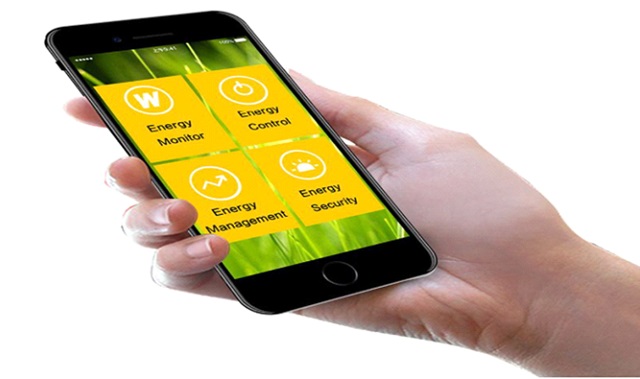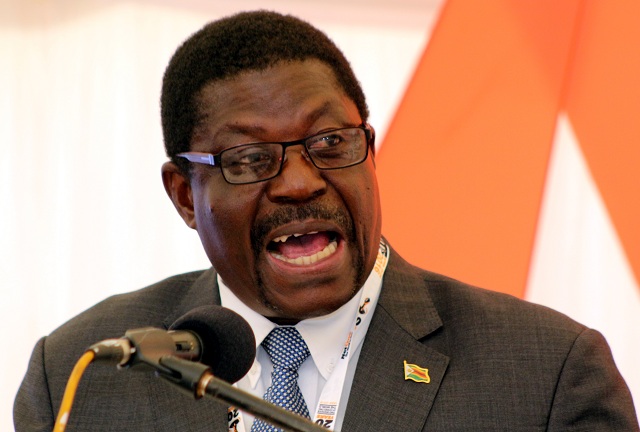The challenge of tenants sharing pre-paid electricity

Lungelo Ndhlovu
Mr Philani Sibanda, a tenant at Kusile Flats in Makokoba suburb, Bulawayo is contemplating moving to new lodgings.
He wants a property that has a pre-paid electricity meter which he can monitor more closely so that he pays for what he uses.
Mr Sibanda says rented accommodation has been a nightmare for him especially where electricity bill payments are concerned.
“Since I moved to Kusile Flats three months ago, I have been having challenges with my landlord who always demands more for electricity. There is no peace of mind at all. Sometimes you are told electricity is about to run out in the middle of the month,” said Mr Sibanda.
The challenge is having one Zesa pre-paid meter installed at a single premise but all dwellers sharing it, he says.
The national power utility, Zesa Holdings, invested $200 million towards the installation of smart meters for medium and heavy consumers of electricity country wide.
The pre-paid meter system was introduced in 2013 as a means to end poor billing and revenue collection practices that had prejudiced the power utility of millions. The gadgets were also introduced to encourage efficient use of electricity.
According to Zesa Holdings, the plan is to install 105 000 pre-paid meters in 2017 to bring the total base to 719 441. The country’s economic blue-print, ZimAsset, covering the period of 2014-2018 targets to increase the pre-payment customer base to 800 000 by the end of 2018.
A lot of houses and business premises in Bulawayo have a number of tenants at a single property but all sharing one prepaid meter. This has caused a number of conflicts among tenants and sometimes their landlords as to who has to pay how much towards the bill.
At Zothile Business Centre in Bulawayo, three tenants share the premises; a welder, a stationery shop and a small shop selling sweets. They all contribute $20 each (to make it $60) towards prepaid electricity. Their total contributions hardly last through the month and they often have to make top-ups of $5 each per month.
“The welder is cheating us. We make equal contributions for the electricity bill and feel shortchanged by paying an equal amount with the welder because he obviously consumes more electricity.
“We are having a hard time convincing him that he needs to pay more towards the bill as he does not acknowledge that he consumes the greater chunk of electricity purchased,” said Mr Thabani Nyoni, a shop assistant at the premises.
As a result of such conflicts, a local technology company, KAYLA Technologies, is championing a Wireless Smart Energy Meter or Energy Monitor System suitable for apartments or industrial sites with a single electricity pre-paid meter.
The introduction of such smart meters is expected to lower the number of conflicts on shared properties as each tenant will now be able to monitor their electricity usage and pay accordingly.
KAYLA Technologies manager, Mr Maloon Dahwa said the system does not tamper with installed Zesa pre-paid meters but the meter platform just allows customers to have a statistical analysis of their consumption per user of electricity.
“This initiative addresses these issues by introducing meters which work in sync with the Zesa pre-payment system.
“It in no way violates the rights of the service provider, in this case Zesa. You still pay to Zesa as before but these meters are there to monitor energy usage for statistical purposes and deriving a formula to share the electricity bill according to each person’s consumption,” said Mr Dahwa.
For now, the platform is restricted to one installed pre-paid meter bill sharing.
“Say you are sharing one installed pre-paid Zesa meter in one premise and you all contribute $20 per month towards electricity, if one of you consumes electricity worth $20 before it’s due for the next round of contributions, the smart meter automatically cuts off that person without inconveniencing others. The affected person can then choose to top up or wait till the next round of contributions,” said Mr Dahwa.
One smart meter system user, Mr Allan Gogo, a landlord said the system works perfectly for him and his six tenants.
“At the beginning I had clashes with my tenants regarding electricity bill sharing. We had one pre-paid Zesa meter installed at one premise and my tenants had to contribute $20 per month for electricity. I don’t know what kind of electrical gadgets they were using but you would find the meter flicking a red light before the month ended. When I heard about this initiative, I went for it and it has made life easier for everyone as my tenants can now monitor and pay electricity bills according to their usage,” said Mr Gogo.
According to Mr Dahwa, the smart meter energy monitor can determine the real time display of power consumption for each tenant, office or premise. The smart meter can also send data to iCloud internet service, uses, WiFi, GPRS, 3G, and 4G to enable the users to monitor their data on the go.
“We have so far installed about 20 smart meters in Harare. The uptake is slow but has generated so much interest from the public.
“We are working on a model to train electricians who reside in most parts of the country so that the overall cost of installing the smart meters becomes low. It will be through these electricians that our products will reach all towns of Zimbabwe inclusive of Bulawayo,” said Mr Dahwa.
He said the smart meter initiative is most ideal for farmers to monitor their irrigation systems and power consumption as well.
“Imagine being a farmer and you need a water pump or machine to run for 30 more minutes, but you have to be somewhere else urgently. You can program your meter to run for 30 more minutes on the smart meter,” said Mr Dahwa.











Comments